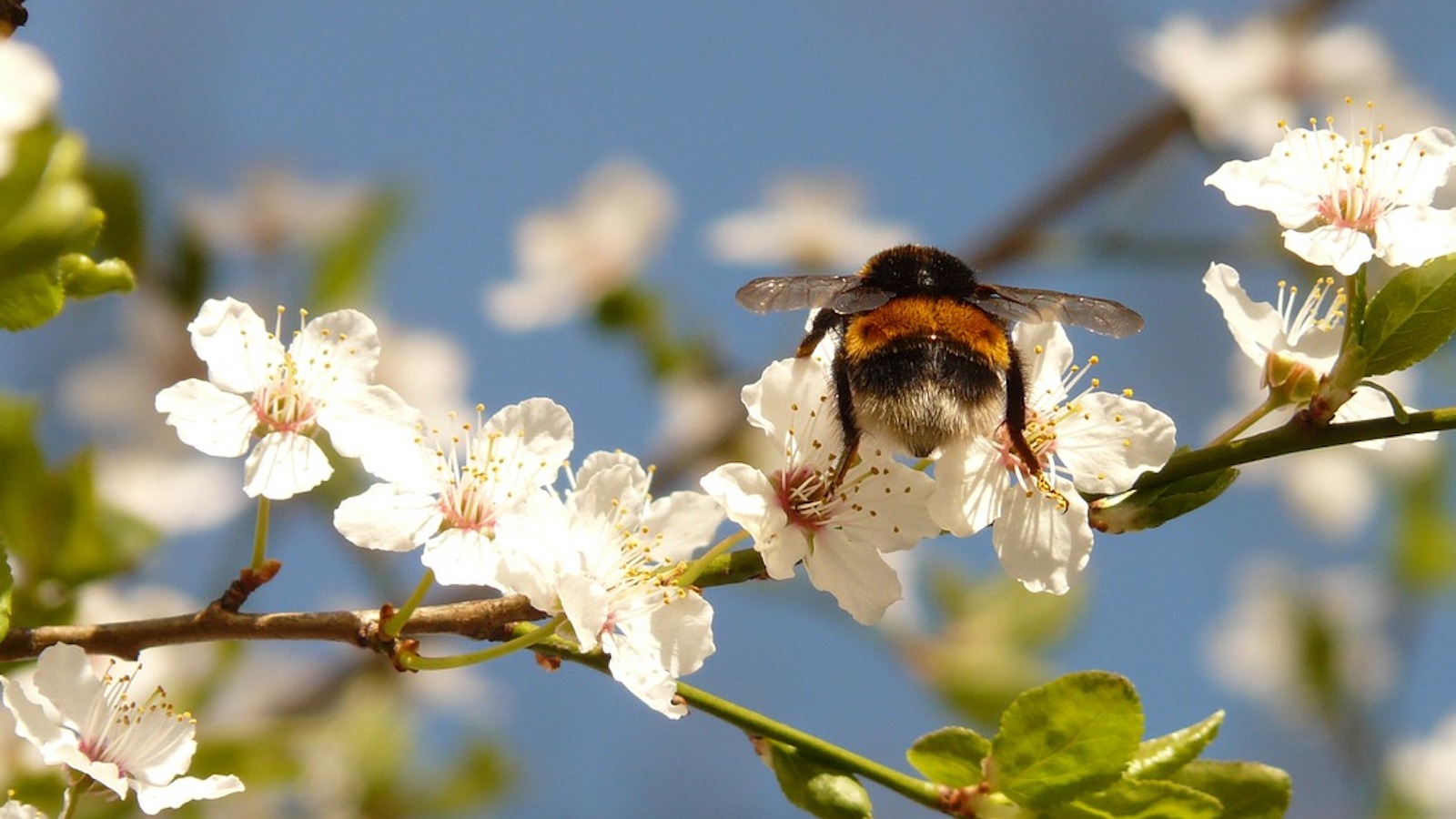There are roughly 4,000 bees that make their home in North America, and of those, more than 800 of them live in Texas. Our state is blessed with plasterer bees, bumble bees, oil-collector bees, leaf-cutter bees, mason bees and more.
As is the case for many pollinators, these Lone Star bees are in decline. Consider the bumble bee. Of the 21 species in Eastern North America, 11 of them are on hurting, including the southern plains bumble bee. This little bee has shown big declines in Texas, slipping to the point where it’s potentially eligible for protections under the Endangered Species Act.
The more that the numbers of southern plains bumble bee and all native bee species drop, the more that entire ecosystems get out of whack. You see, bees are nature’s best pollinators, benefiting not only our food supply (think apples, melons, broccoli, squash, tomatoes and more) but also the many plants and flowers that grow in Texas.
Bees have adapted to their local environments; they’re specialized pollinators, suited best to the plants that are also native to their neck of the woods.
While the decline in native bees is a huge problem, there are a couple of pieces of good news.
One, the Texas Parks and Wildlife Department (TPWD) has recognized the value of native bees. Seven years ago, the department developed guidelines for private landowners to implement wildlife management plans for pollinators, and in return, landowners are eligible for a tax break.
Two, there is a bill this year in the Texas Legislature by Sen. Judith Zaffirini from Laredo. Her measure would accelerate the timeline for getting private landowners a break for helping native bees.
Given that most of us delight in viewing a meadow chock-full of wildflowers, and I’d wager that all of us appreciate a good meal, protecting our pollinators makes a whole lot of sense. This is especially true for the native bees that over the millenia have adapted to the Texas landscape.
Simply put, we gotta save the bees.

